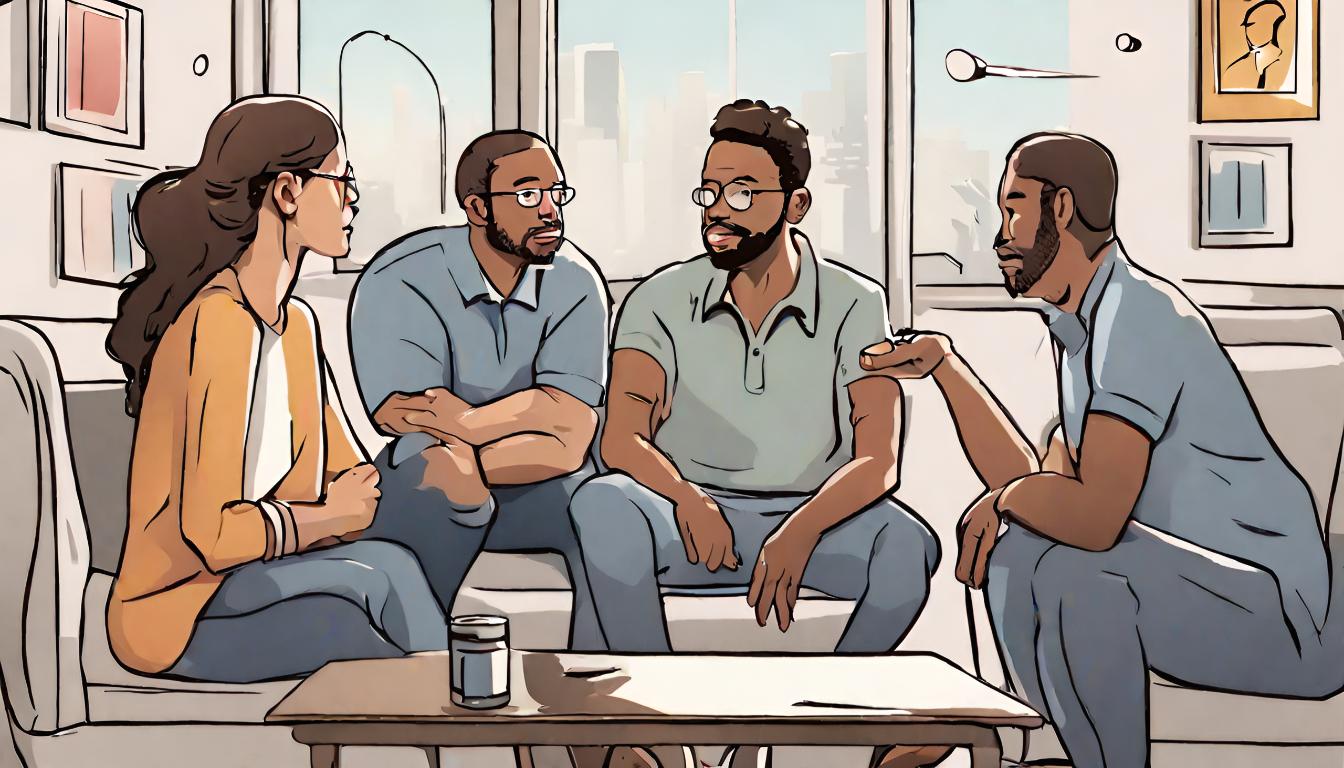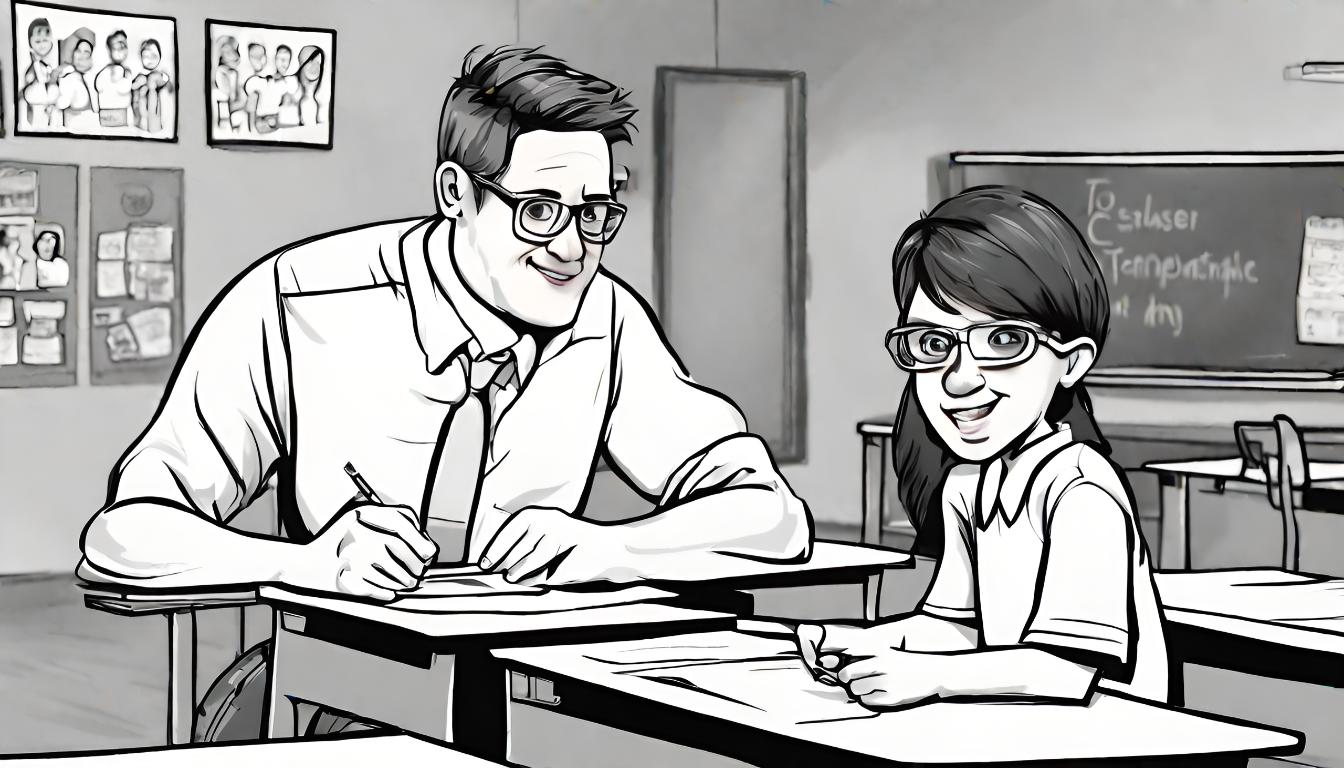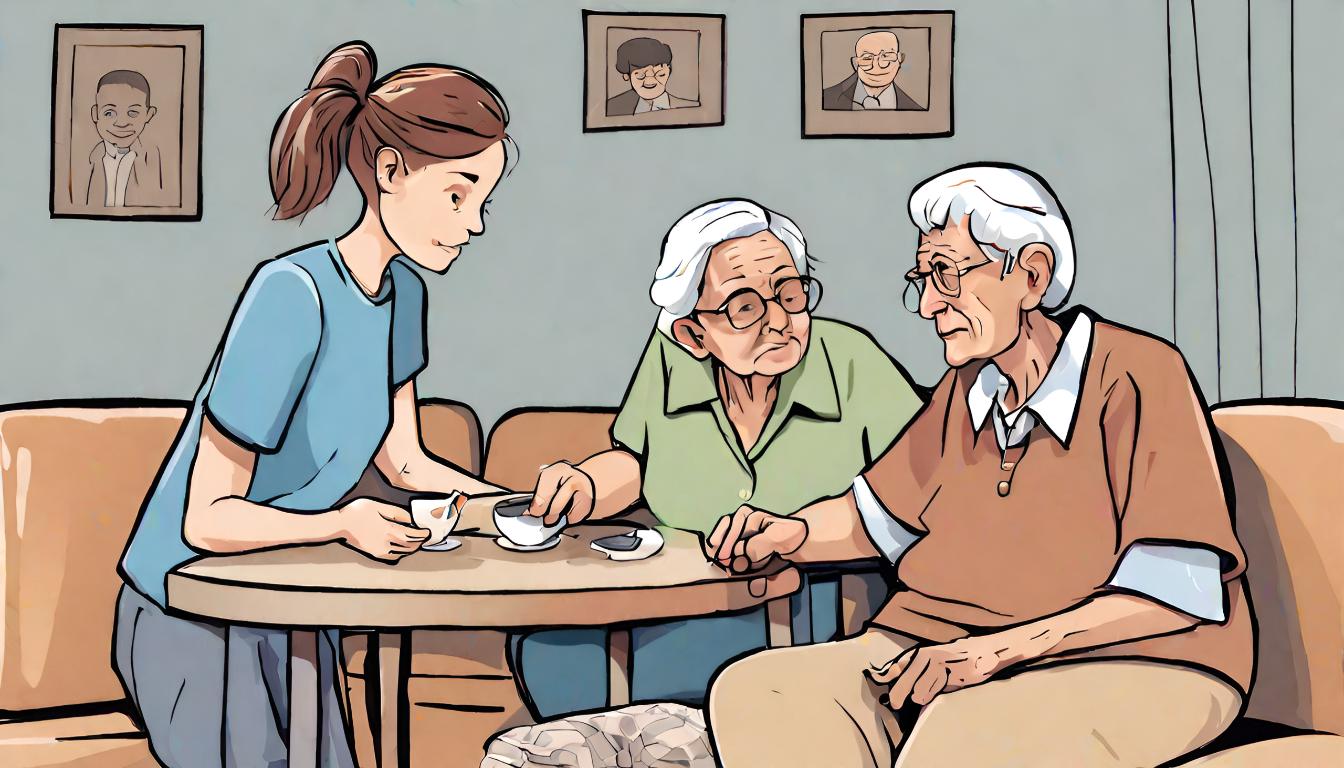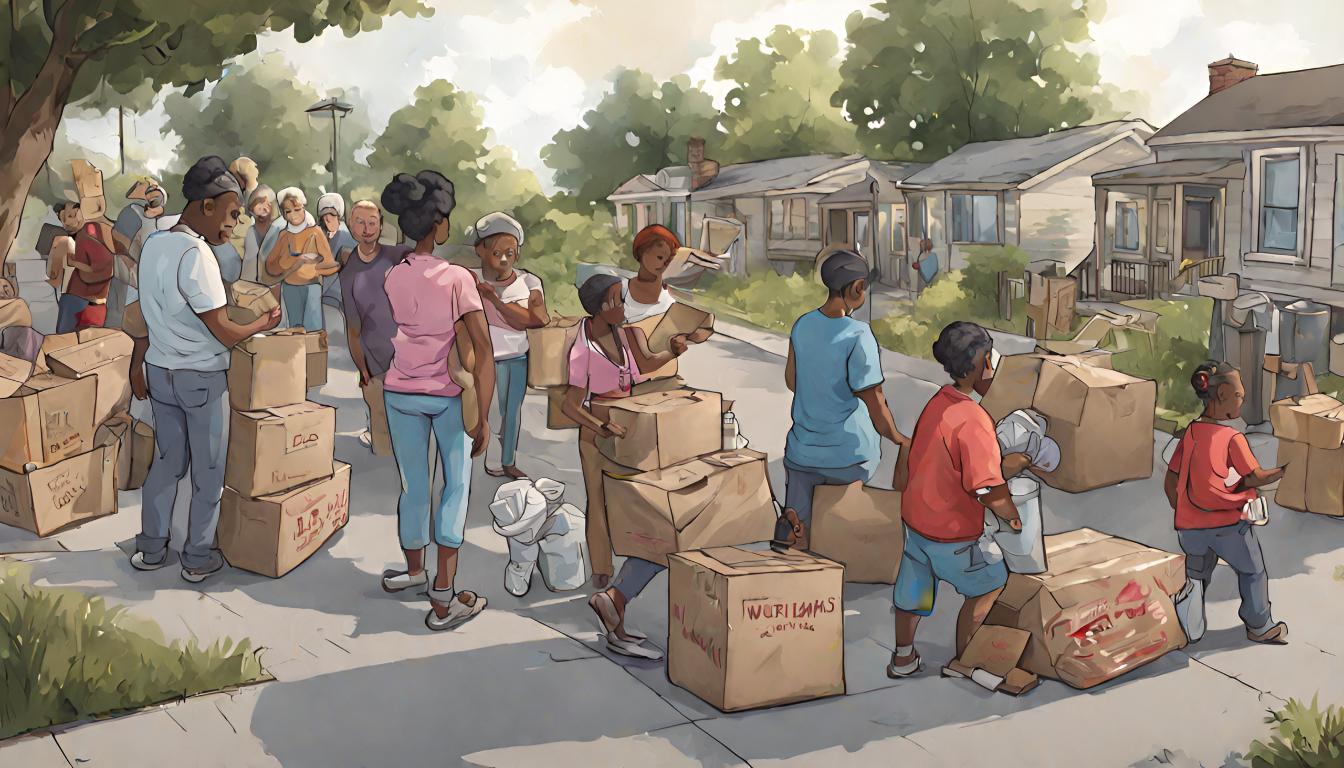 Empathy, often described as the ability to understand and share the feelings of another, stands as a cornerstone of positive human behavior. It is the key that unlocks the door to deeper connections, fostering compassion, understanding, and unity in a world often marked by division and discord. By embracing empathy in our interactions with others, we not only enrich our own lives but also contribute to the creation of a more compassionate and harmonious society.
Empathy, often described as the ability to understand and share the feelings of another, stands as a cornerstone of positive human behavior. It is the key that unlocks the door to deeper connections, fostering compassion, understanding, and unity in a world often marked by division and discord. By embracing empathy in our interactions with others, we not only enrich our own lives but also contribute to the creation of a more compassionate and harmonious society.
At its core, empathy involves stepping into another person's shoes, seeing the world through their eyes, and feeling what they feel. It requires us to set aside our own preconceptions and biases, opening our hearts and minds to the experiences and perspectives of others. Empathy is not about agreeing with someone or condoning their actions; rather, it is about acknowledging their humanity and validating their emotions, even if they differ from our own.
 One of the most powerful aspects of empathy is its ability to bridge divides and foster understanding between individuals from different backgrounds and experiences. In a world characterized by increasing polarization and social fragmentation, empathy serves as a unifying force, reminding us of our shared humanity and the intrinsic worth of every individual. By listening with empathy and seeking to understand, rather than judge or condemn, we lay the groundwork for meaningful dialogue and reconciliation.
One of the most powerful aspects of empathy is its ability to bridge divides and foster understanding between individuals from different backgrounds and experiences. In a world characterized by increasing polarization and social fragmentation, empathy serves as a unifying force, reminding us of our shared humanity and the intrinsic worth of every individual. By listening with empathy and seeking to understand, rather than judge or condemn, we lay the groundwork for meaningful dialogue and reconciliation.
Furthermore, empathy plays a crucial role in building strong and resilient relationships, whether in personal, professional, or community settings. When we approach others with empathy, we create an environment of trust, respect, and mutual support, fostering deeper connections and strengthening the bonds that unite us. By demonstrating empathy in our interactions, we cultivate a culture of compassion, where everyone feels valued and heard.
 Moreover, empathy has the power to inspire positive action and social change. When we empathize with the struggles and suffering of others, we are moved to take meaningful steps to alleviate their pain and address the root causes of injustice and inequality. Empathy compels us to stand up for what is right, advocate for those who are marginalized or oppressed, and work towards a more just and equitable world for all.
Moreover, empathy has the power to inspire positive action and social change. When we empathize with the struggles and suffering of others, we are moved to take meaningful steps to alleviate their pain and address the root causes of injustice and inequality. Empathy compels us to stand up for what is right, advocate for those who are marginalized or oppressed, and work towards a more just and equitable world for all.
 In a world that often prioritizes individualism and self-interest, practicing empathy requires intentionality and effort. It requires us to slow down, listen deeply, and make space for the emotions and experiences of others. It requires us to cultivate self-awareness and emotional intelligence, recognizing our own biases and blind spots. And it requires us to embrace vulnerability, allowing ourselves to connect with others on a deeper level and forge genuine, authentic relationships.
In a world that often prioritizes individualism and self-interest, practicing empathy requires intentionality and effort. It requires us to slow down, listen deeply, and make space for the emotions and experiences of others. It requires us to cultivate self-awareness and emotional intelligence, recognizing our own biases and blind spots. And it requires us to embrace vulnerability, allowing ourselves to connect with others on a deeper level and forge genuine, authentic relationships.
 In conclusion, empathy is not merely a passive emotion; it is a transformative force that has the power to heal wounds, bridge divides, and create positive change in the world. By understanding others and building stronger connections based on empathy and compassion, we can create a more inclusive, equitable, and harmonious society for future generations to inherit. Let us commit ourselves to empathy in action, embracing the inherent dignity and worth of every individual, and working together to build a brighter, more empathetic future for all.
In conclusion, empathy is not merely a passive emotion; it is a transformative force that has the power to heal wounds, bridge divides, and create positive change in the world. By understanding others and building stronger connections based on empathy and compassion, we can create a more inclusive, equitable, and harmonious society for future generations to inherit. Let us commit ourselves to empathy in action, embracing the inherent dignity and worth of every individual, and working together to build a brighter, more empathetic future for all.